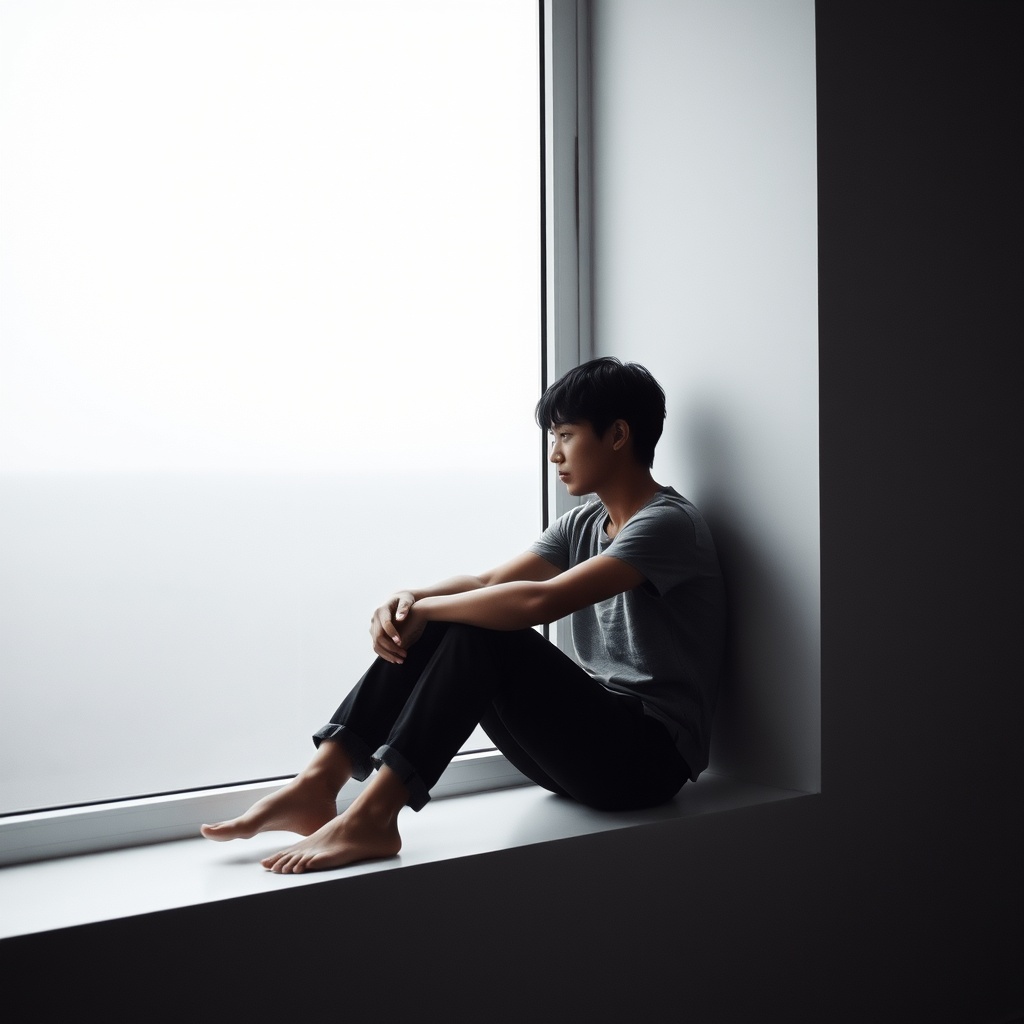Introduction
Remember boredom? That quiet space between tasks where time stretched, ideas drifted, and the mind wandered? For many people today, that space is gone. In its place: endless notifications, background noise, and an expectation to always be doing something.
In a culture that celebrates hustle, multitasking and productivity, doing nothing has become almost radical. But is our inability to unplug simply a habit of modern convenience—or a deeper shift in how we relate to time, attention and ourselves?
The Disappearance of Downtime
Smartphones, streaming services, podcasts, emails, smartwatches—modern life fills every empty moment. We check our phones at stoplights, scroll in waiting rooms, and stream content while brushing our teeth.
These habits aren’t just convenience—they reflect a discomfort with stillness. Many people report feeling uneasy or anxious when faced with quiet time or solitude.
This has real consequences for mental health, creativity and emotional regulation.
The Hidden Benefits of Doing Nothing
Science shows that moments of mental rest are not just pleasant—they’re essential. When we allow the mind to wander without focused input, the brain enters a default mode network—a state linked to:
- Processing emotions
- Strengthening memory
- Sparking creativity
- Generating self-awareness and future planning
Children do this naturally during unstructured play. Adults, however, often avoid it entirely.
Why We Resist Switching Off
Several cultural and psychological factors make it hard to unplug:
- Productivity culture: Many people tie their self-worth to being busy or useful. Doing nothing can feel lazy or selfish.
- FOMO and digital addiction: Constant stimulation trains the brain to seek novelty. Silence feels dull or even threatening.
- Avoidance: For some, stillness brings up uncomfortable thoughts they’d rather avoid.
- Blurred boundaries: Remote work, social media and digital tools blur the line between “on” and “off.”
We don’t just lose time—we lose the experience of time itself.
Relearning the Art of Doing Nothing
Switching off doesn’t require a cabin in the woods. It starts with intentional pauses. Here’s how to begin:
- Micro-moments: Look out the window. Sit without your phone. Let the elevator ride be quiet.
- Scheduled idleness: Block out 10–15 minutes daily to do absolutely nothing. No music. No reading. No multitasking.
- Boredom practice: Resist reaching for your phone in moments of boredom. Observe the discomfort—and let it pass.
- Digital sabbaths: Try half a day or a full day offline each week. Use the time for reflection, rest or aimless wandering.
- Silent commutes or walks: Skip the podcast or playlist and notice what thoughts emerge.
Doing nothing isn’t wasted time—it’s integrative time. It helps us process, recharge and reconnect.
A Cultural Shift?
More people are beginning to push back. Movements like “slow living,” mindfulness, and digital minimalism reflect a collective desire to reclaim control over our attention and time.
Leaders, creators and thinkers often describe their most important insights coming not from meetings or screens, but from long walks, daydreams or moments of stillness.
Doing nothing might just be the most productive thing you do.
Conclusion
In a hyperconnected world that glorifies constant motion, the ability to switch off is both a luxury and a skill. Reclaiming moments of stillness isn’t about withdrawing from life—it’s about being more fully in it.
So next time you feel the itch to check your phone in a quiet moment, pause. Take a breath. And do… nothing.
Your mind—and your future self—will thank you.
This article was generated by AI.
